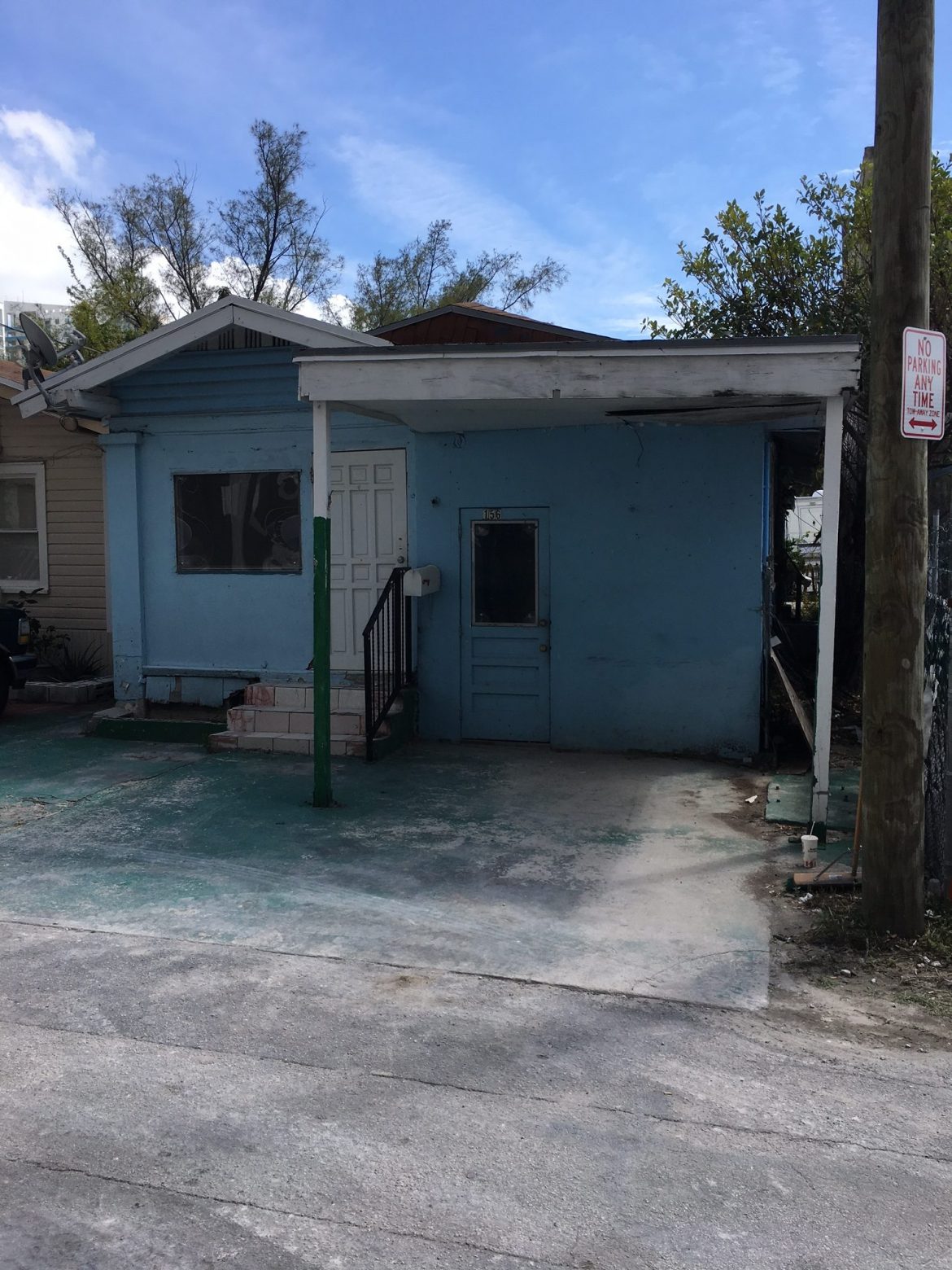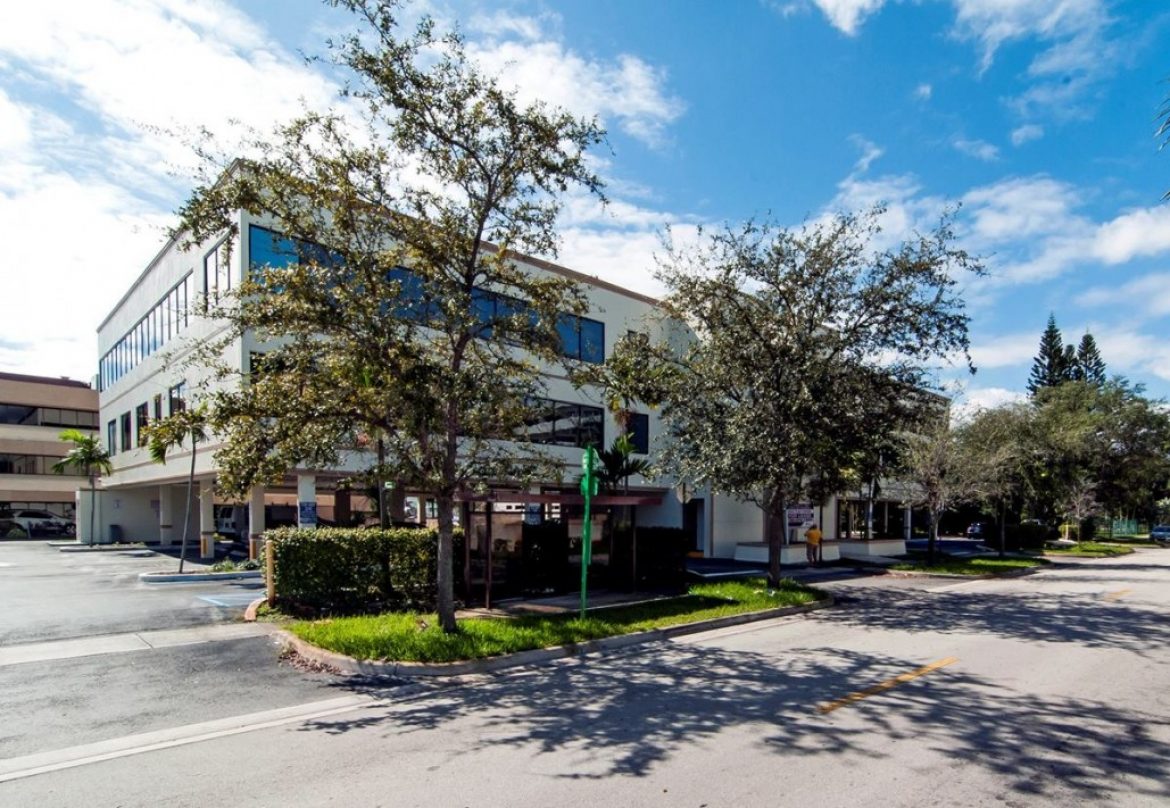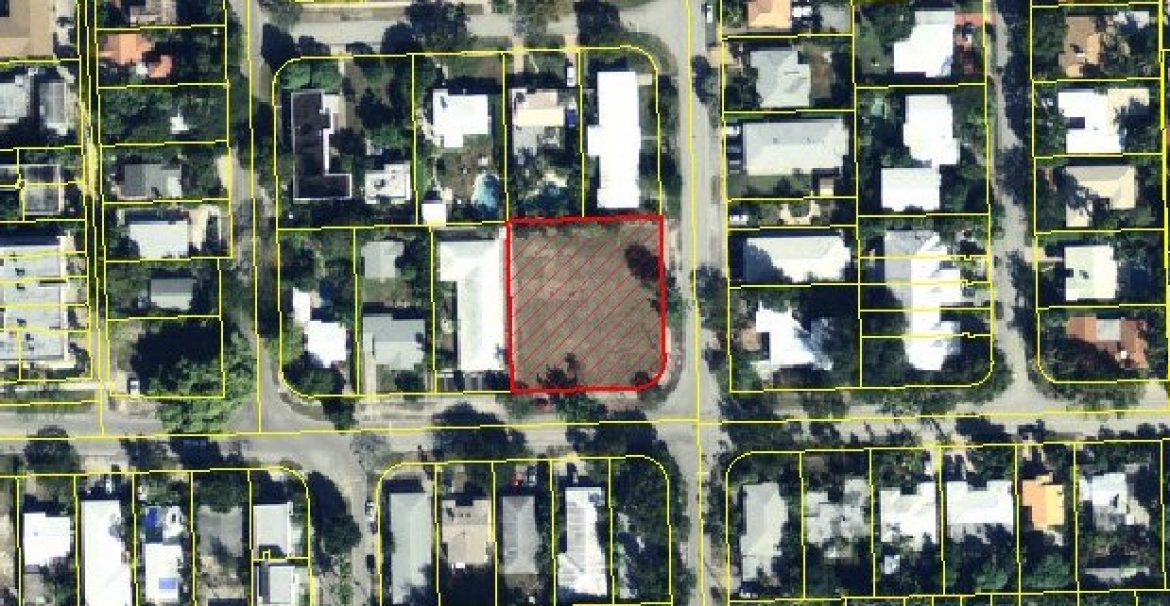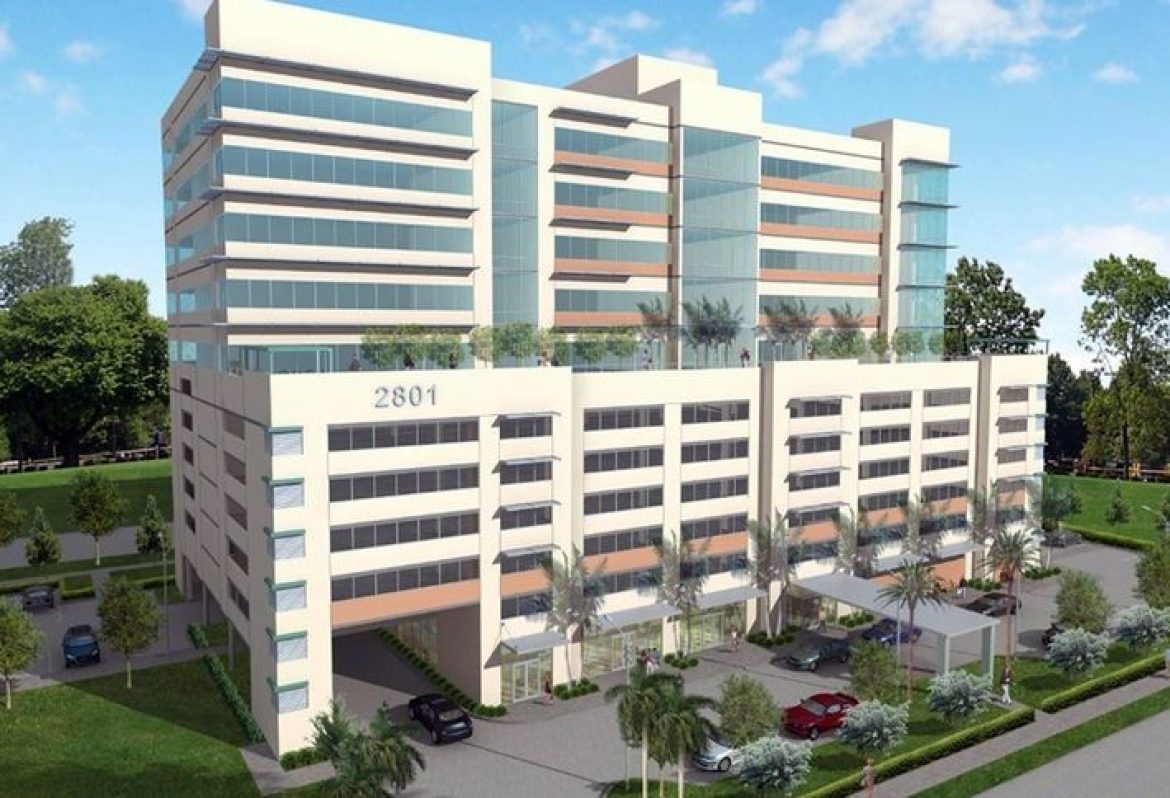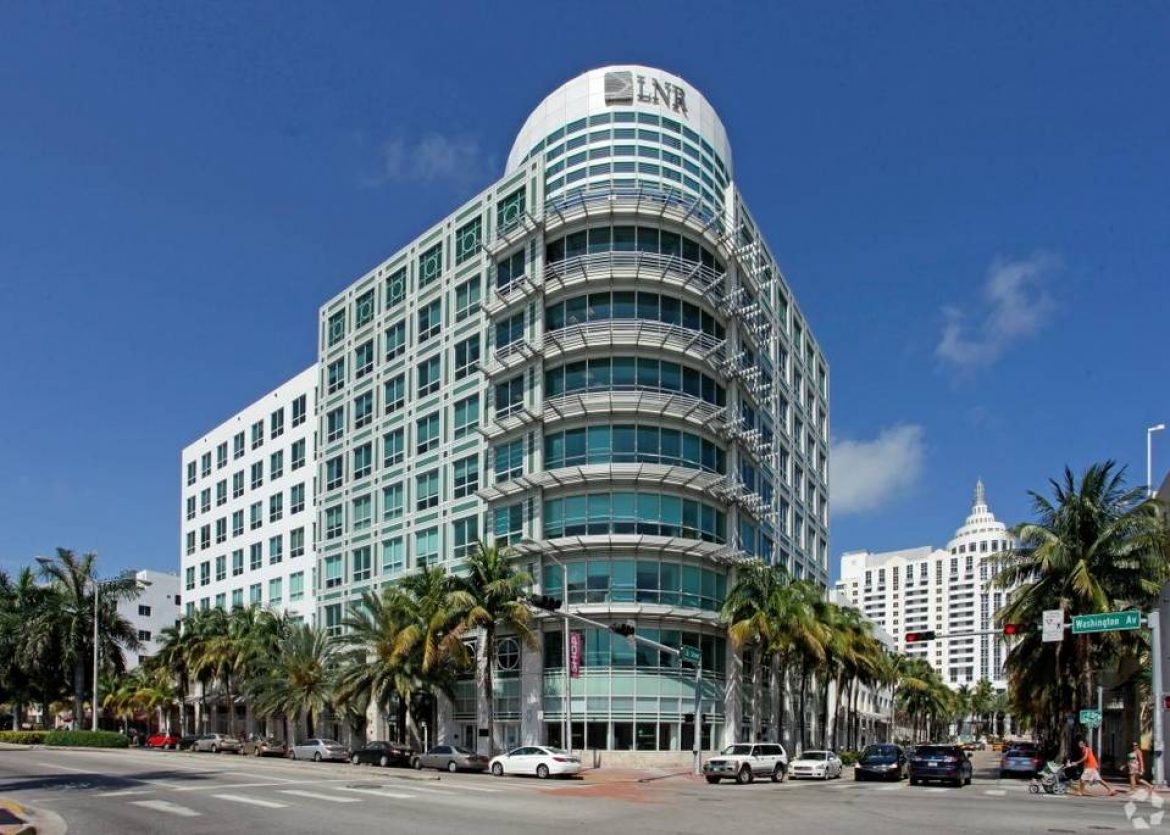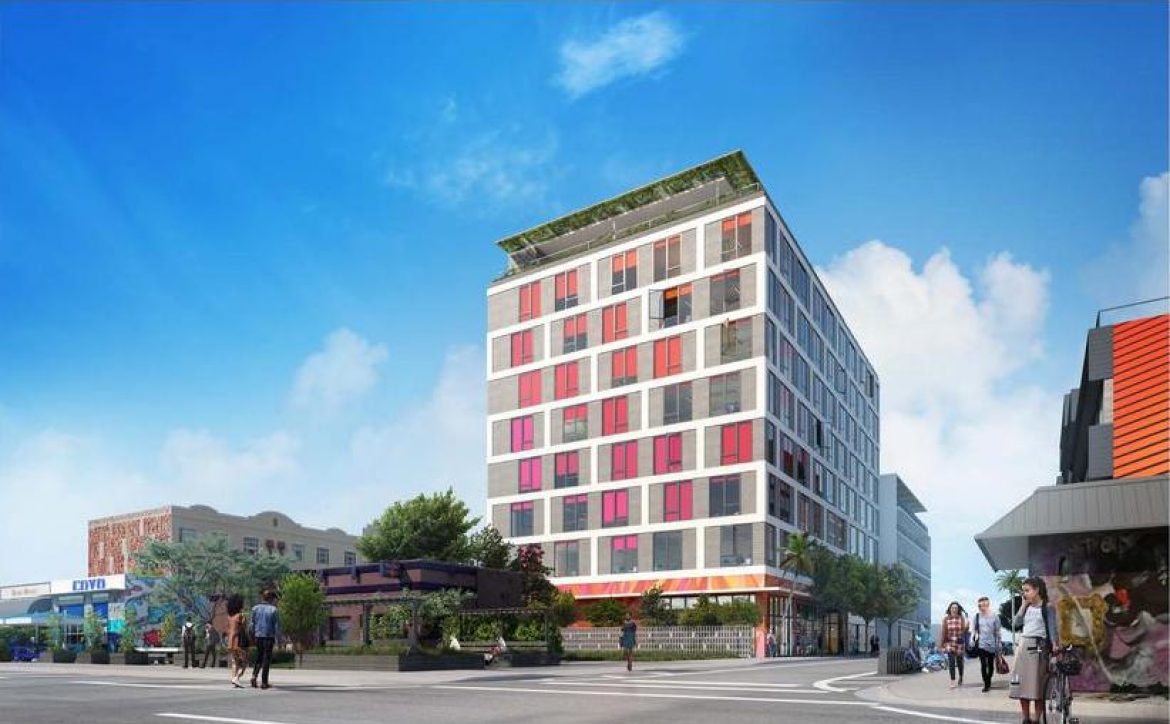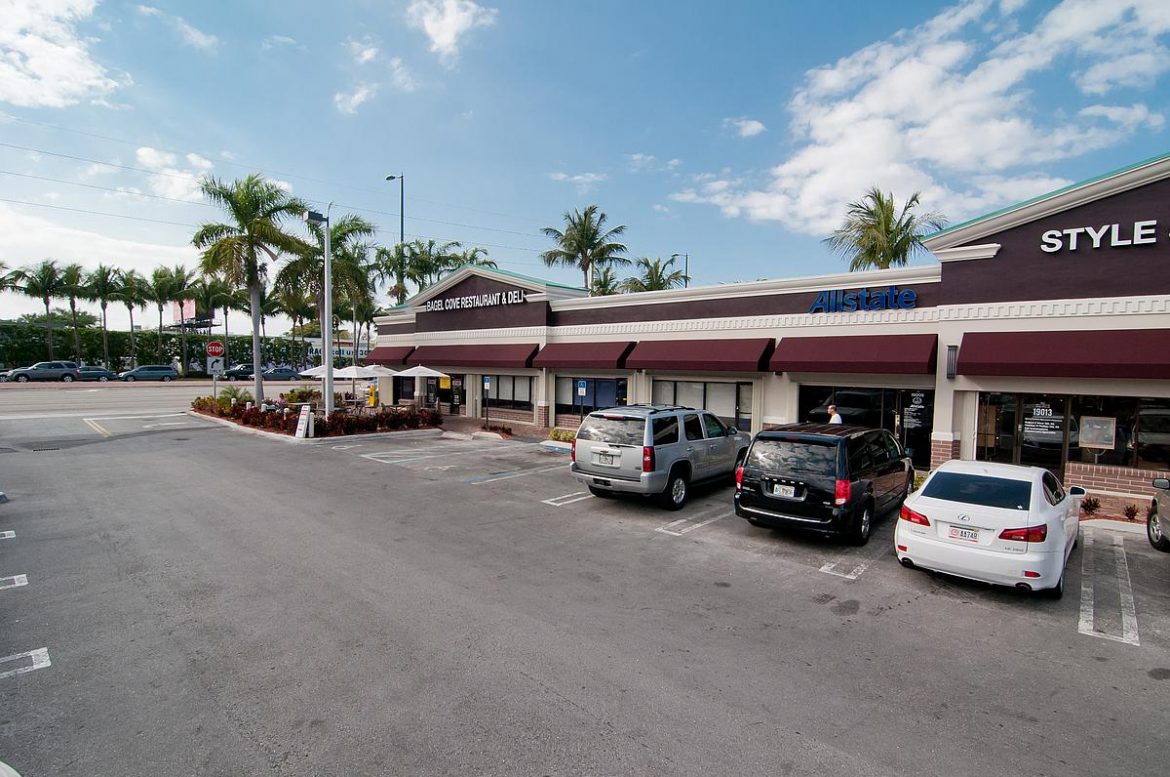
Demand for office space continues to rise as companies from outside of Florida relocate to Miami-Dade County, driving up average asking rates by more than 5 percent from a year ago. An increase in co-working spaces also played a significant role.
The average weighted asking rate grew for Class A and Class B office space, according to the Blanca Commercial Real Estate third quarter 2019 market report released this week.
For Class A space, average weighted rates grew 5.6% year over year, from $45.51 per square foot in the third quarter 2018 to $46.37 per square foot in the third quarter 2019. The highest average asking rates were in Brickell, at $59.10 per square foot, and Wynwood/Design District, at $55.97 per square foot.
The average asking rates for older, simpler Class B space crept up slightly, from $33.39 per square foot in the third quarter 2018 to $33.47 a square foot in the third quarter 2019. But the class suffered a loss of 248,000 total square feet, primarily in the Miami Airport market.
The vacancy rate for Class A space dipped slightly, from 13.9% to 12.7%, while the vacancy rate for Class B space inches up from 16.1% to 16.9%.
A total of 324,000 square feet of multi-tenant office space was delivered, said Tere Blanca, Founder, Chairman and Chief Executive Officer of Blanca Commercial Real Estate, for a total Class A/ Class B inventory of 36,953,985 square feet. Another 2.1 million square feet of multi-tenant office space is underway and set to be delivered by late 2022.
Net absorption increased overall year-over-year, by 412,191 square feet, led by Class A space offering amenities such as wellness programs, concierge services, Wi-Fi indoors and outdoors as well as tenant lounges with snacks and coffee. Tenants in legal, financial and professional services gravitate toward buildings with water views, she said.
Much of the change in the Class B market was driven by companies already in the market looking to right size their spaces — both by increasing and decreasing — and seeking new layouts, said Blanca.
Overall, tenants are also looking for buildings connected to transit and those with open floor plans and flexible conference spaces.
Of the positive absorption, 292,000 square feet or 44% came from co-working companies leasing in Downtown Miami, Miami Beach, Brickell and Coral Gables. Co-working now accounts for nearly 4% of the total office inventory in the county.
New-to-market firms are driving net absorption, led by companies in finance, technology and professional services, said Blanca. Those include Starwood Capital, which is moving to Collins Avenue in Miami Beach; SoftBank, which took space in Brickell, and Icahn Enterprises, which will relocate from New York to the Milton Tower in North Miami Beach.
The Tax Cuts and Jobs Act, a favorable business environment and climate are driving new companies to relocate to Miami, said Blanca.
About 150 companies have expanded to Miami since 2017, encompassing 592,000 square feet, wrote Blanca Chief Marketing Officer Diana Pubchara over email. The majority of the companies had an office elsewhere out of state and decided to open in Miami-Dade County. Some organizations in foreign markets are establishing their U.S. headquarters in the Magic City. And about 15 new companies are touring the market and would cover another 201,000 square feet when they are expected to sign leases in the next few months.
The market looks bright looking over the next 25 months, said Blanca. She said, “We’ll see continued absorption and rents will continue to hold with moderate rent increases, if any.”
Source: Miami Herald

